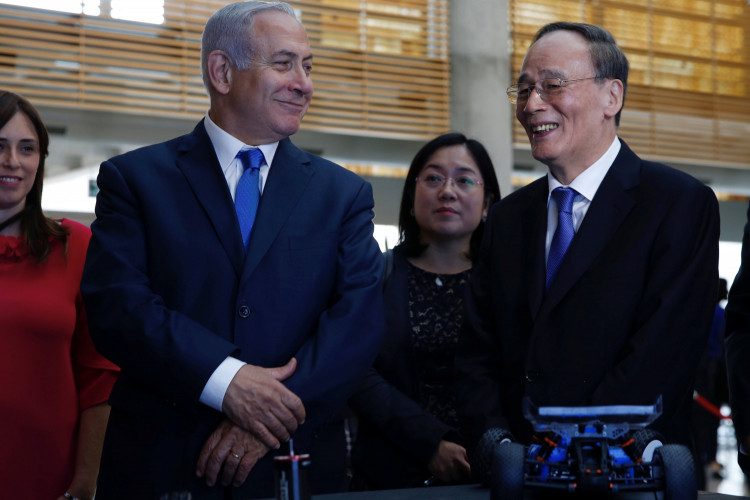Israeli high tech startups are enjoying increased involvement from Chinese backers this year despite investors being highly sophisticated and selective, according to IVC Research Online, a business information company in Israel.
Israeli high tech startups raised a total of $1 billion from 131 deals for the third quarter of 2018. Investment deals in artificial intelligence also grow 15 percent this quarter according to the summary report released by IVC. There were 17 AI startups which received funding of more than $20 million each.
Out of all these investment deals, Chinese investors accounted for 12 percent this year. In comparison, there was only about 7.5-9 percent of finances coming from China to Israel startups between 2015 and 2017.
This quarter also saw an increase of 35 percent in engagement from Chinese backers this year compared to 2017. Six of the 17 large deals involving financing of $50 million and above and a quarter of financing of $20 million and above came from Chinese stakeholders.
Shmulik Zysman, the managing partner at Zysman law firm, said the volume of capital raised from foreign investors continues to grow amid a change in backers' activity. Zysman highlighted that Chinese investors are much harder to please and more discerning now compared in the past years. Chinese backers, along with other foreign investors, are now more interested to venture in more mature companies, Zysman added.
The cooperation between China and Israel expands in other sectors in trade, education, tourism, culture, and media according to Alexander Pevzner, the founding director of the Chinese Media Center in Israel.
The strong China-Israeli ties are more important now considering the challenges to global trade and governance, Pevzner told Xinhua.
More Chinese companies are building their research and development facilities in Israel.
China is now Israel's biggest trading partner in Asia. Back in 1992, bilateral trade between the two countries only amounted to $50 million dollars. By 2017, the amount of trade reached more than $13 billion. This figure is expected to increase as Israel became the first Middle East countries to sign under the Belt and Road Initiative.
Chinese tourists and business travelers have also poured into Israel following non-stop flights since 2016. China's Hainan Airlines has opened three direct flights, the Beijing-Tel Aviv flights, Shanghai-Tel Aviv, and Guangzhou Tel Aviv. Cathay Pacific has also opened Hong Kong-Tel Aviv direct flights while Sichuan Airlines launched flights from western China and Israel.
There were a total of 139,000 Chinese tourists who visited Israel in 2017, three times the number of in 2015.





